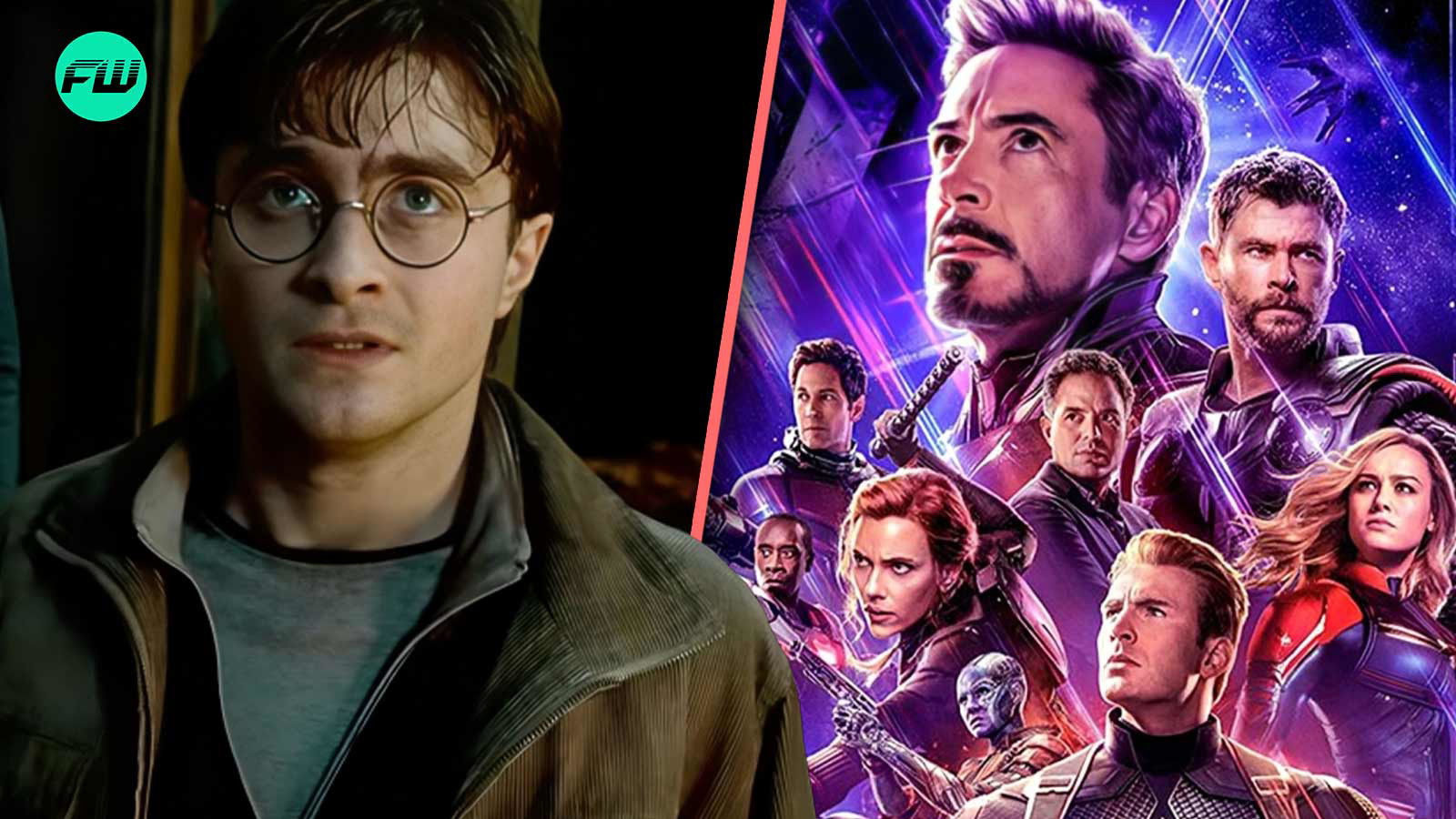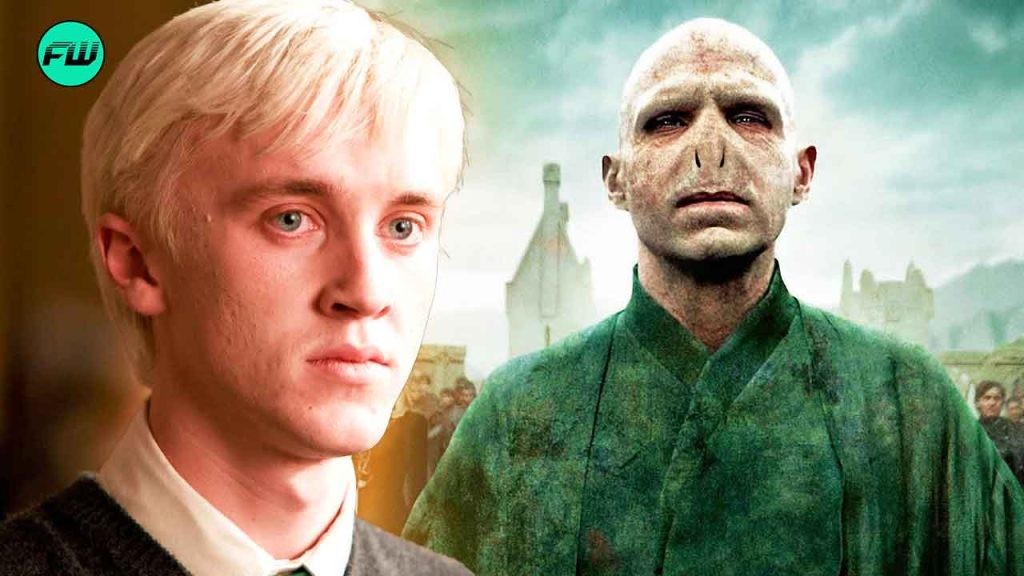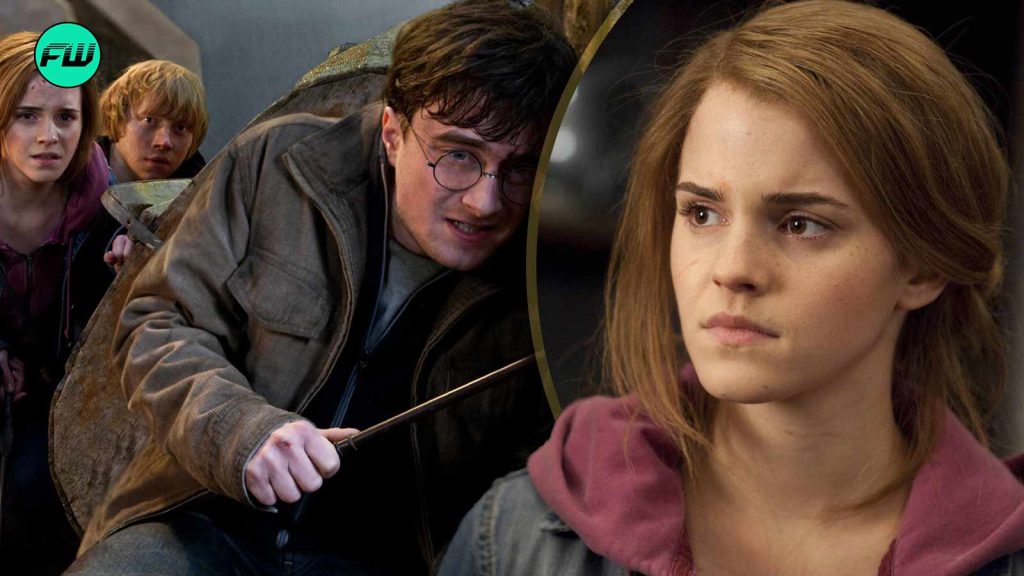The Harry Potter franchise, while beloved by millions, often faces criticism from die-hard fans for diverging from J.K. Rowling’s detailed source material. One such disappointing alteration appeared in the final film, Harry Potter and the Deathly Hallows: Part 2, during Harry’s battle against Lord Voldemort.
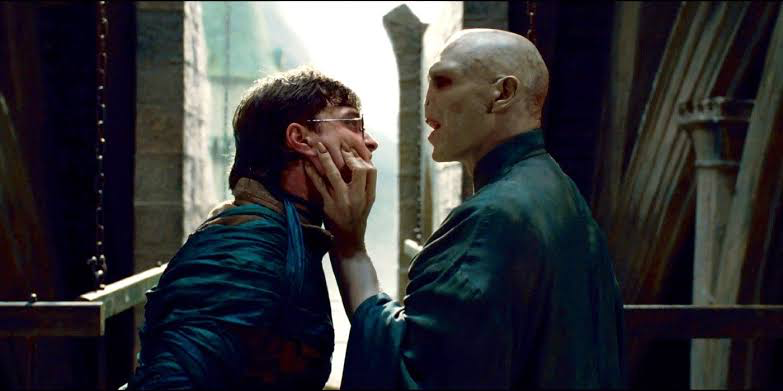
According to Harry Potter fans, the cinematic adaptation, despite its visual grandeur, fell short of capturing the true essence of this pivotal moment. Considering how the film chose to portray the duel with nonverbal magic, omitting Harry’s choice of incantations and its significance, fans claimed that it robbed the impact of the moment.
Potterheads are Disappointed by Nonverbal Spell Use During the Final Battle
During the climactic battle between Harry Potter and Lord Voldemort in Deathly Hallows: Part 2, director David Yates undoubtedly brought out the gritty and earthy nature of the scene through his visual aesthetics. Turning the moment into an unforgettable and satisfying closure for the Harry Potter franchise, Yates offered visually stunning cinematics like that of Avengers: Endgame.
Muck like the 2019 MCU movie showcased a spine-chilling battle wherein everything turned dark and muddy, with only the infinity stones shining bright, even during the impactful sequence in the final Harry Potter film, David Yates purposefully crafted the scene filled with smoke and debris, with only Harry and Voldemort’s wand emitting colorful lights.
Further, just like Avengers: Endgame showcased the fall of Thanos in a way that the titan turned to ash, similarly, in Deathly Hallows: Part 2 after Harry and Voldemort crawled to grab their wands and shot magical spells, the Dark Lord turned to ash after Harry’s spell overwhelmed Voldemort’s wand.
In comparison to the MCU movie, while David Yates brought out the cinematic brilliance, the film deviated majorly from the book which clearly mentioned how Voldemort fell backwards and shrunk to the size of a grotesque fetus.
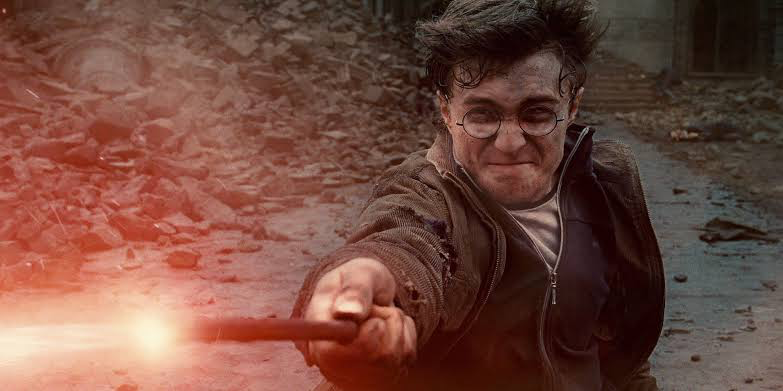
Now, while this scene richly focused on visual aesthetics gave goosebumps to audiences, it ended up disappointing die-hard Harry Potter fans, since the films skipped the use of verbal magic. When Harry and Voldemort both grabbed their wands and shot red and green bolts of thunder, respectively, Potterheads expected the characters to voice their incantations. But unfortunately, the film skipped the use of spell and stole the essence of the scene.
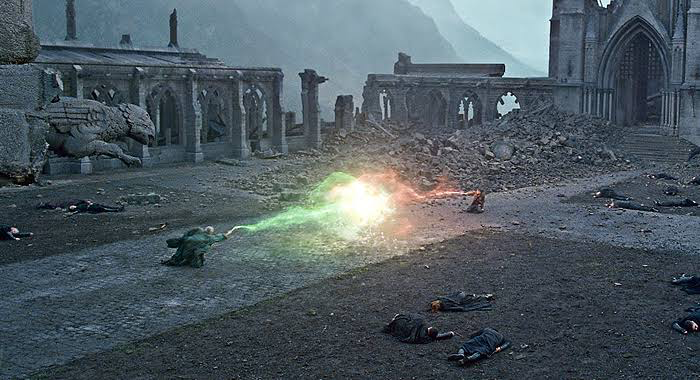
Considering how Harry’s entire life was leading up to this moment, fans cried in the corner after the film failed to measure up with the original scene from the book, where Harry used Expelliarmus to fight off Voldemort’s Avada Kedavra. Meanwhile, although non-readers might find this issue insignificant since the Dark Lord died anyway, for Potterheads, Harry’s use of Expelliarmus had an incredibly crucial part in the story.
The Significance of Harry Potter’s Choice of Spell in J.K. Rowling’s Book
In the Harry Potter and the Deathly Hallows book, Harry used the spell Expelliarmus, commonly known as the Disarming Charm on the Dark Lord. On the surface, Expelliarmus appeared as a relatively benign spell compared to Voldemort’s killing curse. However, its significance in this final confrontation has been profound and served as a testament to Harry’s character and the thematic core of the series.
Considering how Harry is shaped and guided by a few of the most loving and patient professors and mentors, his decision to use Expelliarmus during the battle served as a powerful symbol of his refusal to engage in lethal combat. Throughout the series, the Boy Who Lived consistently chose mercy over murder, embodying the moral lesson that true strength lies not in the power to harm, but in the ability to forgive.
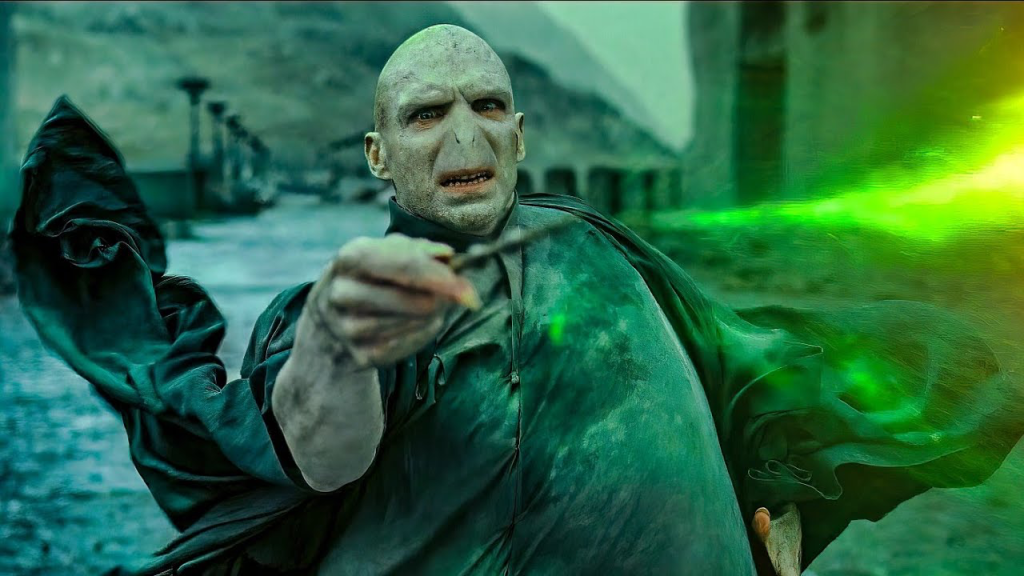
Therefore, by using Expelliarmus in the final duel, Harry showcased his willpower in rejecting the Dark Arts’ allure and demonstrated his adherence to his ethical principles. In contrast to Voldemort casually using the killing curse and showcasing his unrelenting quest for domination and immortality, Harry’s perseverance served as a powerful narrative device that highlighted the core conflict between Harry and Voldemort.
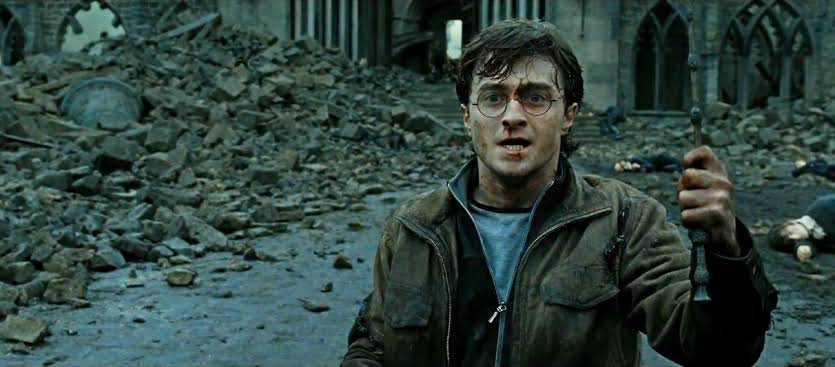
Eventually, Harry’s decision to use Expelliarmus became a testament to his growth and the enduring influence of his parents’ legacy. Therefore, when the film adaptation of this scene, while visually stunning, missed the deeper resonance of the characters’ choice of spell, it failed to convey the true significance of this climactic moment. The film left audiences with a striking but superficial representation of the climax, rather than the emotional and moral resolution offered by the book.
Harry Potter films are currently available to watch on Max.

